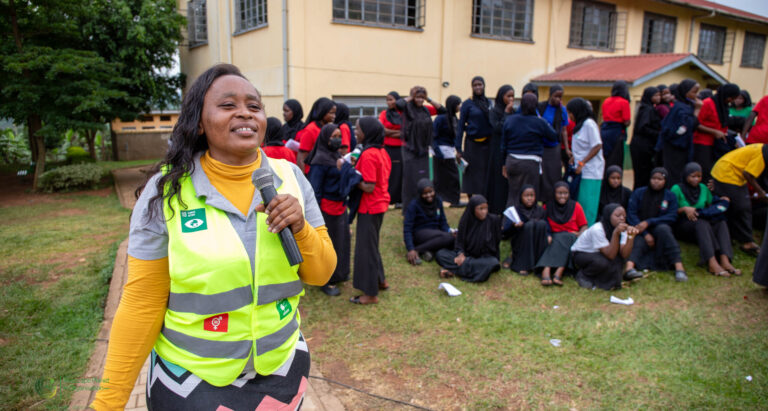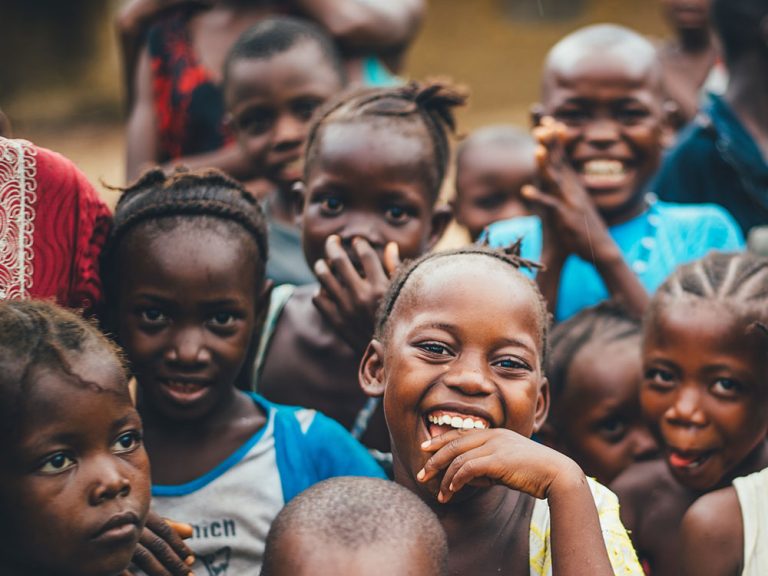According to Godwin Ayesiga, acting principal at the National Meteorological Training School (NMTS), the new equipment enables accurate forecasting for up to 90 days. This is a remarkable achievement, especially considering the devastating impact of unpredictable weather patterns on our communities.
The Equal Opportunities Commission (EOC) has taken a proactive approach in partnering with NMTS to train local leaders, including parish chiefs from various parts of Greater Kampala, on climate change adaptation. This initiative is crucial in empowering vulnerable communities with the knowledge and skills needed to mitigate the effects of climate change.
During the two-day training, parish chiefs and local council leaders from greater Kampala shared their concerns about the impact of climate change on their communities. Hadijjah Nakidde, women’s chairperson of Bunamwaya Parish, highlighted the issue of encroachment on wetlands, which exacerbates flooding. Adam Kyazze, chairperson of Kisenyi parish, emphasised the need for local leaders to be equipped with skills to sensitise residents on garbage management.
The EOC chairperson, Hajjat Safia Nalule Juuko, aptly pointed out that Uganda’s transformation and climate are under threat due to poverty, illiteracy, and poor agricultural practices. She emphasised the importance of capacity building in reversing and mitigating the adverse effects of climate change.
The acquisition of new meteorological equipment and the training of local leaders are steps in the right direction. However, more needs to be done to address the root causes of climate change. We must prioritise sustainable practices, conservation, and environmental protection to reduce the risks associated with extreme weather conditions.
The recent rains that swept away a vehicle number plate, as described by Hajjat Nalule, are a blunt reminder of the destructive power of climate change. It’s time for us to take collective action to protect our communities and our environment.
As we move forward, it’s essential to prioritise inclusive approaches that address the unique challenges faced by vulnerable groups, such as people with disabilities. Regina Nakivumbi, LCII for Nansana West, highlighted the importance of planting trees to reduce toxic fumes and control blustery wind.
In conclusion, Uganda’s improved weather forecasting capacity is a significant step towards disaster preparedness. However, we must continue to invest in sustainable practices, capacity building, and inclusive approaches to address the complex challenges posed by climate change. By working together, we can build resilient communities and mitigate the effects of climate change.
Let’s seize this opportunity to create a safer, more sustainable future for all Ugandans. The government, local leaders, and communities must work in tandem to prioritise environmental protection, conservation, and disaster preparedness. Only through collective action can we reduce the risks associated with climate change and build a brighter future for our nation.assa eget egestas purus viverra accumsan. Tempus egestas sed sed risus pretium quam. Sem fringilla ut morbi tincidunt augue interdum. Quisque egestas diam in arcu cursus euismod. Egestas erat imperdiet sed euismod nisi porta lorem mollis.



